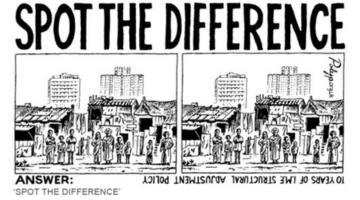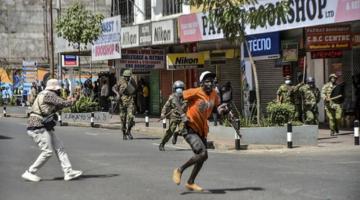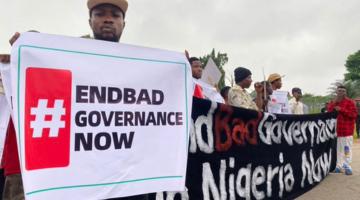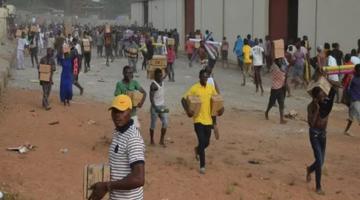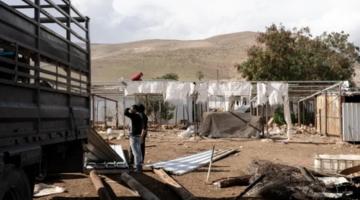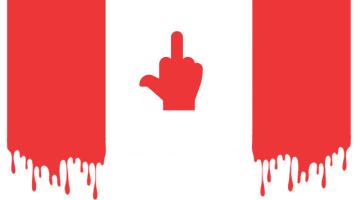Related Stories
Nicholas Mwangi
Gambians from all walks of life – led by the youth-driven GALA movement mobilized across the country on July 23 in an anti-corruption protest a
Abayomi Azikiwe
At least 16 were killed in protests marking the first anniversary of mass actions against neo-liberal tax hikes and continuing state repression
Dylan Sullivan
, Jason Hickel
Presenting new research, Dylan Sullivan and Jason Hickel mount a devastating critique of the impact of structural adjustment in Africa in the 1
Pavan Kulkarni
After dozens died in stampedes, Nigerian President Bola Tinubu remarked, “We should just get on with it.” Tinubu’s IMF-prescribed policies have
Joel Mukisa
Reflecting on the mass protests that recently shook Kenyan society from top to bottom, Joel Mukisa argues that we must go much further than a c
Salvador Ousmane
At the beginning of August this year, tens of thousands of Nigerians rose up to denounce the government in a movement that was organised under
Ann Garrison, BAR Contributing Editor
Rwanda’s economic miracle is a lie.
Black Alliance For Peace
The current uprising in Kenya is a result of the imperialist economic policy enabled and maintained by its comprador leader, William Ruto.
Pavan Kulkarni
President Bola Tinubu’s lifting of fuel subsidies and liberalization of currency trade has pleased the IMF and increased hunger in Africa’s mos
Ann Garrison, BAR Contributing Editor
In 1987, at the Organization for African Unity, Thomas Sankara said, "Debt is a cleverly managed reconquest of Africa." Ethiopia might act
More Stories
- Al Jazeera StaffThe Palestinian village of Ras Ein al-Auja has held out against violent Israeli settlers – until now.
- Gabrielle EmanuelA controversial hepatitis B vaccine study, funded by the U.S. but paused by Guinea-Bissau, has become a flashpoint in the political battle over vaccine safety and scientific integrity. In the January…
- Indrajit SamarajivaNothing demonstrates the hypocrisy of the "rules-based order" faster than seeing its enforcers shocked when the same rules of imperial force are directed at them.
- Black Agenda Radio with Margaret KimberleyIn this week’s segment, we cover state repression and regime change efforts. While the corporate media parroted state narratives about a popular uprising in Iran, all evidence indicates that recent…
- Black Agenda Radio with Margaret KimberleyMnar Adley is the founder and director of MintPress News, an independent media outlet. She joins us from Minneapolis, Minnesota, where Donald Trump's ICE enforcement is used as domestic police…



